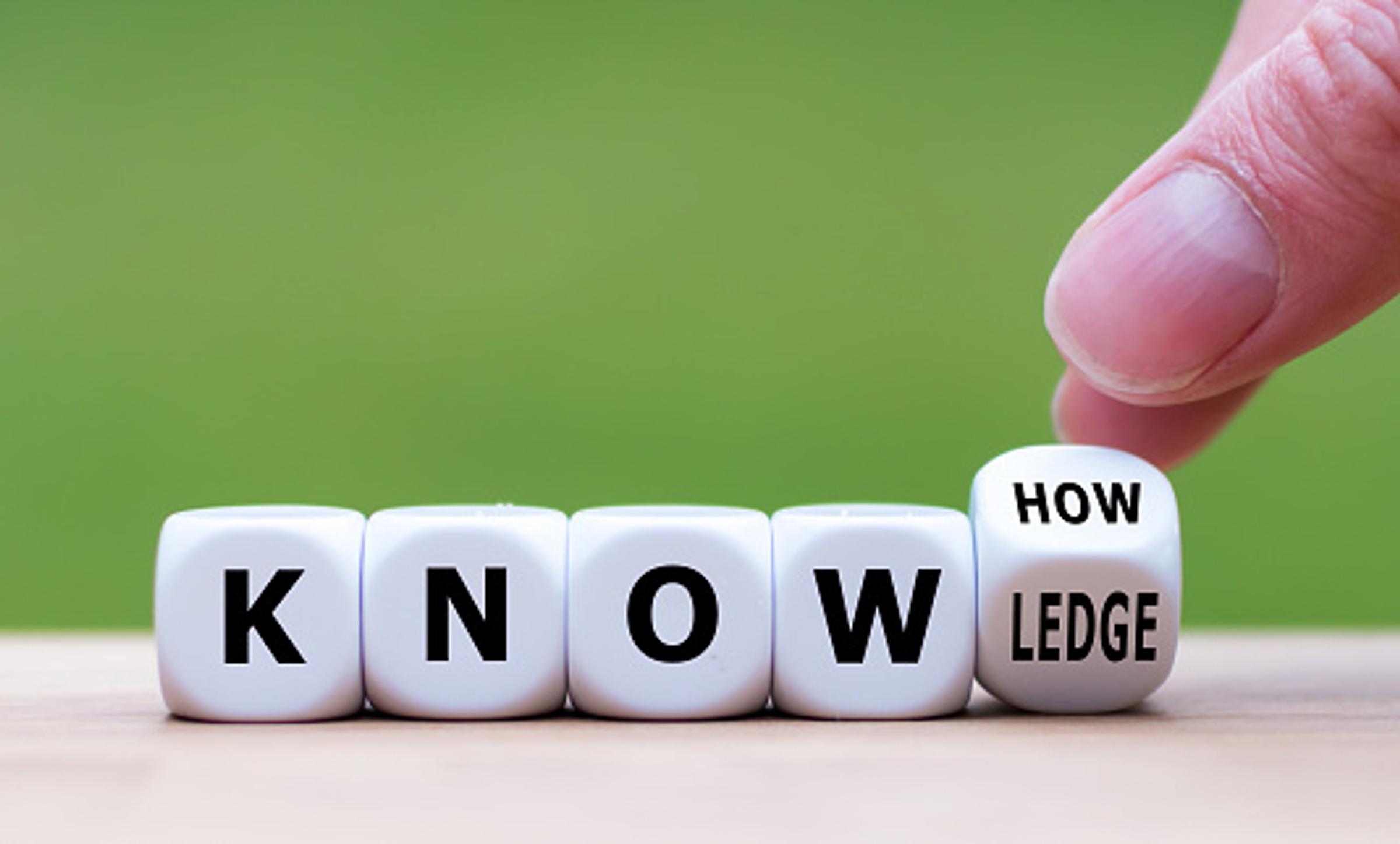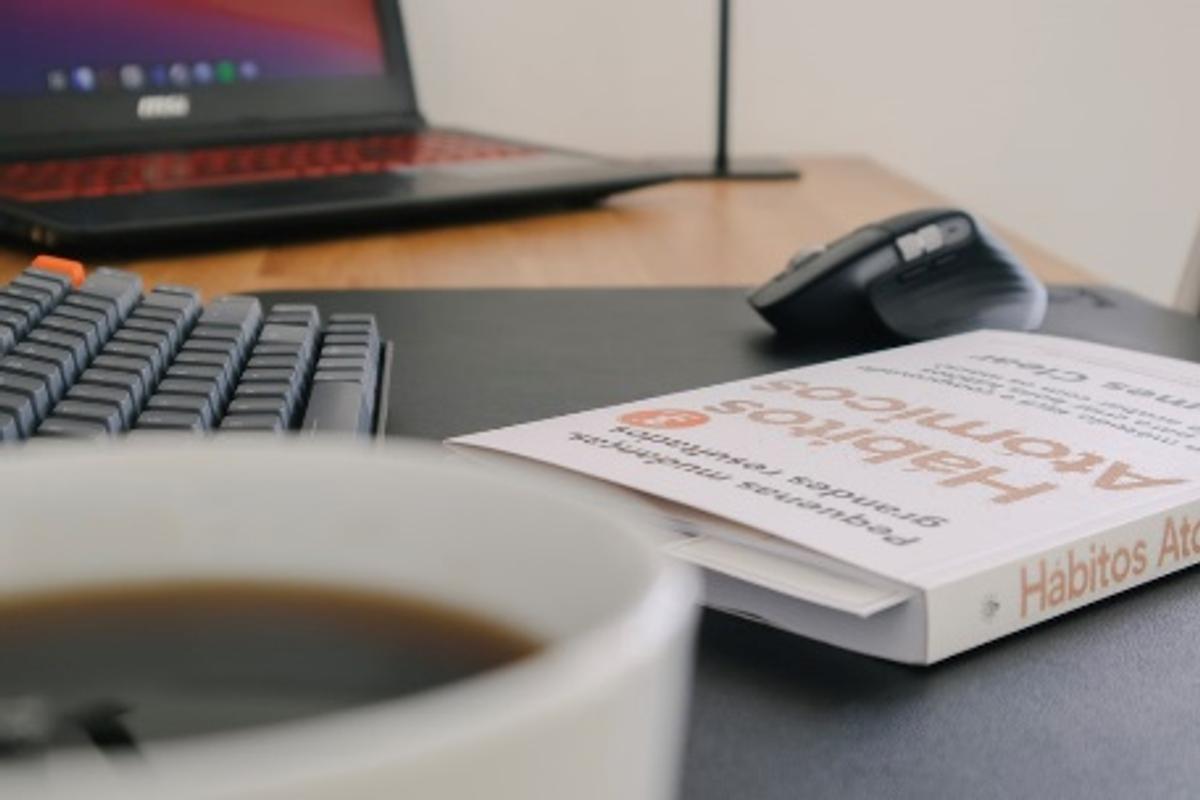From the Dean of Curriculum

Habits of Highly Effective Students
Effective students are those who have learnt to study smarter rather than harder. Below is a list of the top habits that effective students do:
- MAKE THE MOST OF CLASSTIME: You are going to be sitting in class anyway, so you may as well make the most of the experience! Time wasted in class is lost learning opportunities or time you need to make up at home. To make the most of class time stay on task and be as involved as you can in the lesson.
- ASK QUESTIONS OFTEN: Students who are effective will ask questions when they don’t understand something, they don’t wait until 3 weeks into the topic then say ‘I don’t understand any of this!’ If you aren’t sure about something, then ask your teacher.
- COMPLETE ALL HOMEWORK: Your teachers are giving you the homework for a reason, even if you are unsure what the reason might be! It is all part of building your learning in the subject. Focus on putting 100% effort into completing all homework to the best of your ability.
- DO INDEPENDENT LEARNING: Students who do well academically do more than just the set homework. Rather than cramming just before an exam, they learn as they go. This means the nights they don’t have much homework they step up and take responsibility for their learning and ask themselves ‘what else could I be doing to help me understand and learn my subjects?’. Often this entails reviewing previous work that was difficult or preparing study notes in advance.
- ARE FOCUSED WHEN WORKING: Students who are effective usually work in blocks of time at home, anywhere from 20 minutes to an hour, but in that time they focus on the task at hand. This means they have removed all distractions and commit that when they are working on schoolwork, they are just working on schoolwork – no personal activities at the same time.
- WORK SMART FOR ASSESSMENTS: Effective students spend time when they are given an assessment ensuring they understand the requirements and the marking criteria. They work to the guidelines of the assessment and approach the task systematically, making a plan and setting targets for when they want to complete each step.
- NEVER CONFUSE ‘READING’ WITH ‘STUDYING’: Effective learners know how to study properly for a test. They know that just reading your notes over and over is not an effective way to learn. Instead, they read a section then test themselves on it, seeing what they can say out loud or write down. They also do lots of revision questions or past exam papers so they can practise the skills of the subject and identify areas of weakness.
You can learn more about being more effective at www.studyskillshandbook.com.au by logging in with these details:
Username: bmgs
Password: 84success
Mrs Alicia Michielsen
Dean of Curriculum 7-12
Head of Learning Enrichment P-12
Careers Advisor
